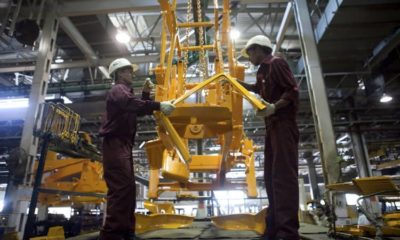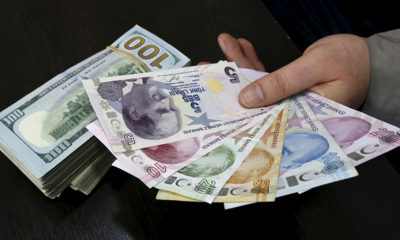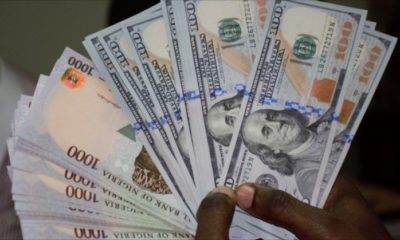The National Bureau of Statistics (NBS) has released its latest report on capital importation for Q1 ’22. The data was obtained from the CBN and compiled using information on banking transactions from all registered financial institutions in Nigeria.
The total value of capital imported in Q1 ‘22 was estimated at USD1.6bn, representing a decline of 28% q/q and 17.5% y/y. The capital importation data is gross, and not adjusted for capital exports.
The category referred to as portfolio investment accounted for the largest share (60.9%) of total capital importation in Q1 ’22. On a q/q basis, portfolio investment increased by 49% in Q1. Money market instruments accounted for 64% of total portfolio investments and increased by 10% q/q.
Coronation Merchant Bank partly attributed the q/q increase to investors seeking safe short-term instruments. Meanwhile, bonds accounted for 32% of total portfolio investments, increasing by 575% q/q and 124% y/y.
Demand for equities was relatively low in Q1 ‘22. This asset class accounted for 3% (USD31.8bn) of total portfolio investments. Data from NGX show the ratio of local to foreign investment participation at 81:19 in Q1 ‘22. We note that the NGX-ASI posted a positive return of 10% in Q1 ’22.
In the quarter under review, foreign direct investment inflow declined by -57% q/q to USD155m. On a y/y basis, there was a marginal increase. There has been a downward trend in greenfield investment projects. Given the direct correlation with investment attractiveness, ease of doing business and FDI flows, reforms that improve national security, reduce the country’s infrastructure deficit, and support a conducive business environment are critical.
China and Singapore were able to boost their respective FDI and facilitate economic transformation by providing value-add via affordable and skilled labour. Through reforms, South Korea deliberately created a motivated and educated populace in addition to spurring their country’s technological boom, these attracted increased FDI.
The FGN’s commitment to improve Nigeria’s ease of doing business ranking from 131 to 100 by 2025, is laudable. However, this requires well-targeted capital expenses as well as proper fiscal discipline. FDI inflow accounted for only 10% of total capital importation in Q1 ’22.
From a sector perspective, the banking sector received the highest inflow (USD819m) in Q1, accounting for52%of total capital importation. The second-largest recipient was production (USD224m), which we assuming falls under the manufacturing sector.
Capital importation by country of origin shows that the United Kingdom was the top source of capital imported in Q1with a value of USD1bn, accounting for 65% of total capital inflow during the period. This was followed by South Africa (USD118m) and the United States (USD82m).
At its last meeting held in May, the MPC/CBN hiked the monetary policy rate by 150bps to 13%. This is in an attempt to provide incentives for foreign capital inflow. In addition to moderating the speed of capital flow reversal, ease inflationary pressure and exchange rate depreciation, among others. This could attract investments into the domestic fixed income market. However, given that central banks across advanced economies are tilting towards tightening this year, a slowdown in capital inflow to emerging markets, notably Nigeria is likely.
Based on trading activities to date this quarter, we expect the Q2 report when published to show a further decline in inflows from portfolio investments.
This projected underperformance can be partly linked to fx repatriation concerns, flight to safety following interests rate hikes by policies makers globally, political uncertainty and the lingering conflict between Russia and Ukraine.

 Forex2 weeks ago
Forex2 weeks ago


 Naira2 weeks ago
Naira2 weeks ago
 Billionaire Watch2 weeks ago
Billionaire Watch2 weeks ago




 Naira2 weeks ago
Naira2 weeks ago




 Naira2 weeks ago
Naira2 weeks ago




 Naira4 weeks ago
Naira4 weeks ago


 Naira6 days ago
Naira6 days ago
 Banking Sector4 weeks ago
Banking Sector4 weeks ago




















